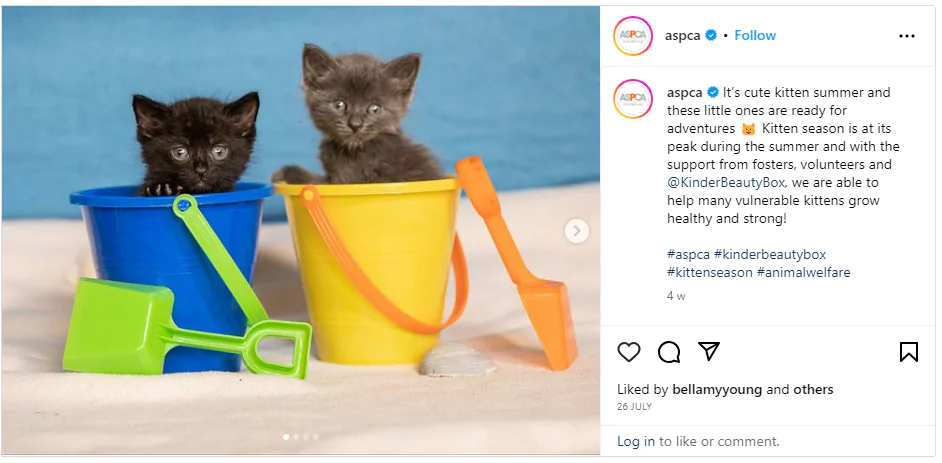A recent debate over the term “fur babies” has stirred up a whirlwind of opinions. It began when a mother of three sparked controversy by claiming that comparing dogs to human babies was disrespectful to parents. Unsurprisingly, pet lovers were quick to voice their outrage.

For many, calling a pet a “fur baby” is an expression of affection. Pet owners view their animals as an essential part of their family, showering them with the same love and care they would give a human family member. The criticism from this particular mother overlooked the fact that “fur babies” is a widely accepted term in the English language, leading to significant backlash online.
There is a growing divide between those who see their pets as family members and those who consider them simply animals. According to Forbes, 85% of dog owners and 76% of cat owners regard their pets as part of the family. In fact, the pet industry saw spending soar to $136.8 billion in 2022 alone, illustrating just how much love and attention people devote to their furry companions.

A survey of 2,000 pet owners revealed that 81% treat their pets like people, and 71% put their pets’ needs above their own. It’s no surprise that nearly half of the respondents refer to their pets as “babies,” while a third of them proudly call themselves the “mom or dad” of their pets.
Elizabeth Broadbent, the mother behind this debate, wrote an article urging pet owners to stop using the term “fur babies.” Despite having two dogs of her own, she insisted that children and dogs are not the same. Her stance sparked a mixed reaction on Facebook, with many users mocking her comments, while others voiced their frustration at what they saw as an unnecessary intrusion into how people view their pets.

However, the reality is that responsible pet owners take their role seriously. They ensure their homes are safe for their pets, much like parents would for a child. Pet-proofing involves removing hazards and securing dangerous items to create a safe environment. While Broadbent may have overlooked certain aspects of pet-proofing, such as hiding chewing hazards and securing cleaning supplies, she does agree that pet ownership requires genuine care and commitment. Where she differs, though, is in her belief that pet owners can “ignore” their dogs when planning trips, a view that is not shared by many devoted pet parents.
In fact, while 60% of pet owners don’t specifically consider their pets in trip planning, over half wish they could bring their pets along. For many, their pets play a central role in shaping daily life and even influence major decisions, further highlighting the bond between them.

Animal lovers who embrace the “fur baby” label strongly disagree with Broadbent’s opinion. They argue that pets are cherished members of their families who offer unconditional love. Many pity those who haven’t experienced the profound bond with a dog, believing that if they had, they would better understand why so many people refer to their pets as “fur babies.”
While a few support Broadbent’s stance, the majority push back, asserting that they have enough love for both their pets and their children. Many even claim that their pets are often better behaved and more polite than some children they know.
Ultimately, the love and care pet owners give their “fur babies” is immeasurable. These animals, who provide companionship and joy, deserve all the love and attention they receive from their human families. It’s something worth celebrating, not debating.
Let’s keep this conversation going and hear what others think about this perspective on “fur babies.” Share your thoughts and let’s honor the unconditional love we receive from our beloved pets!

